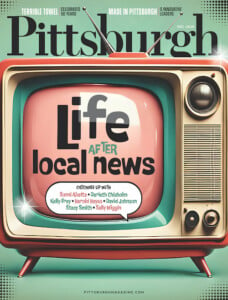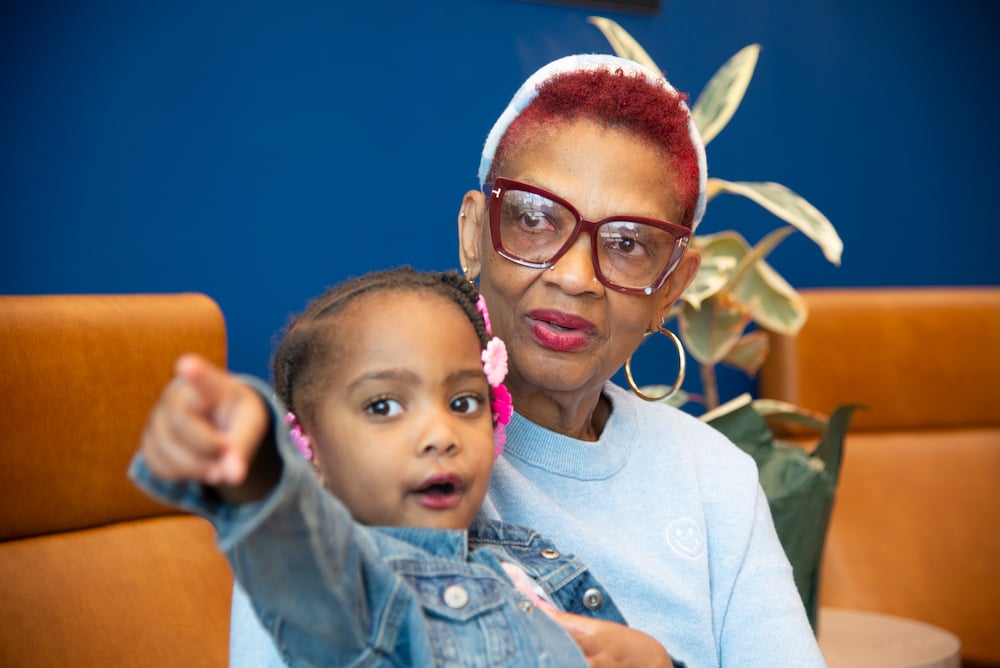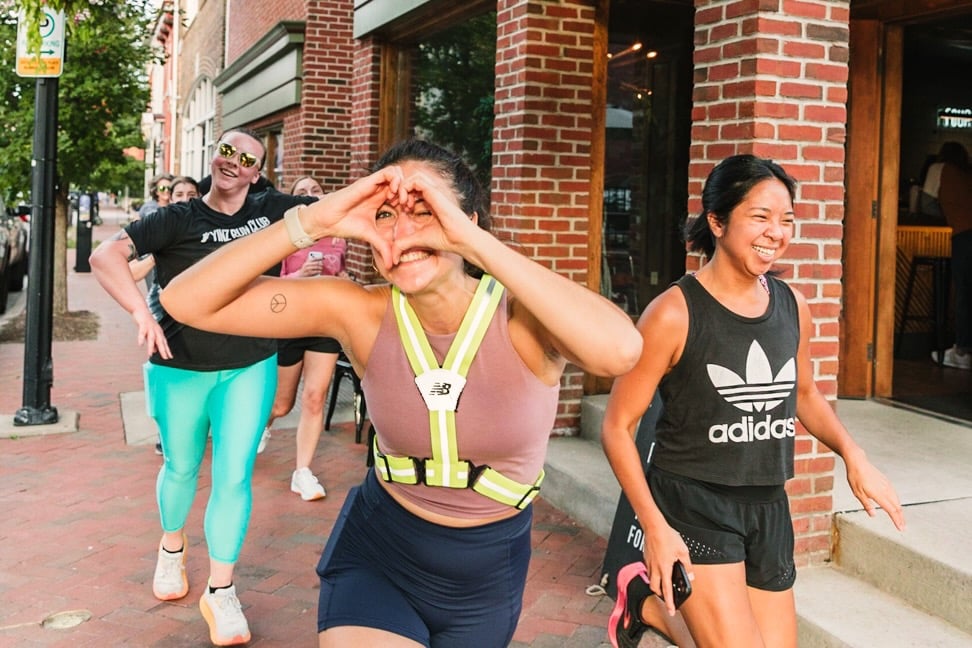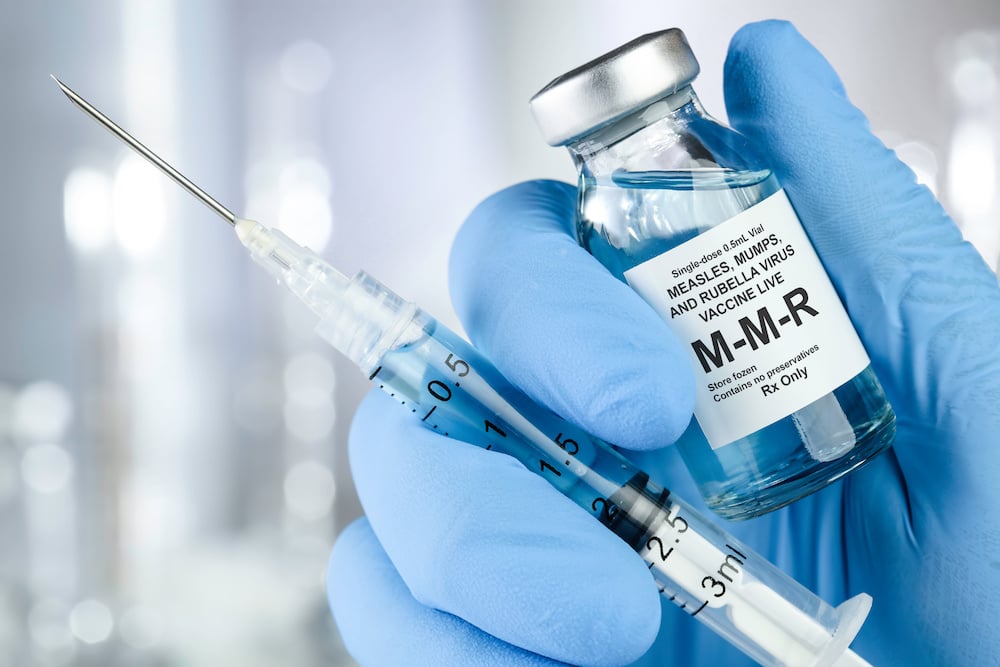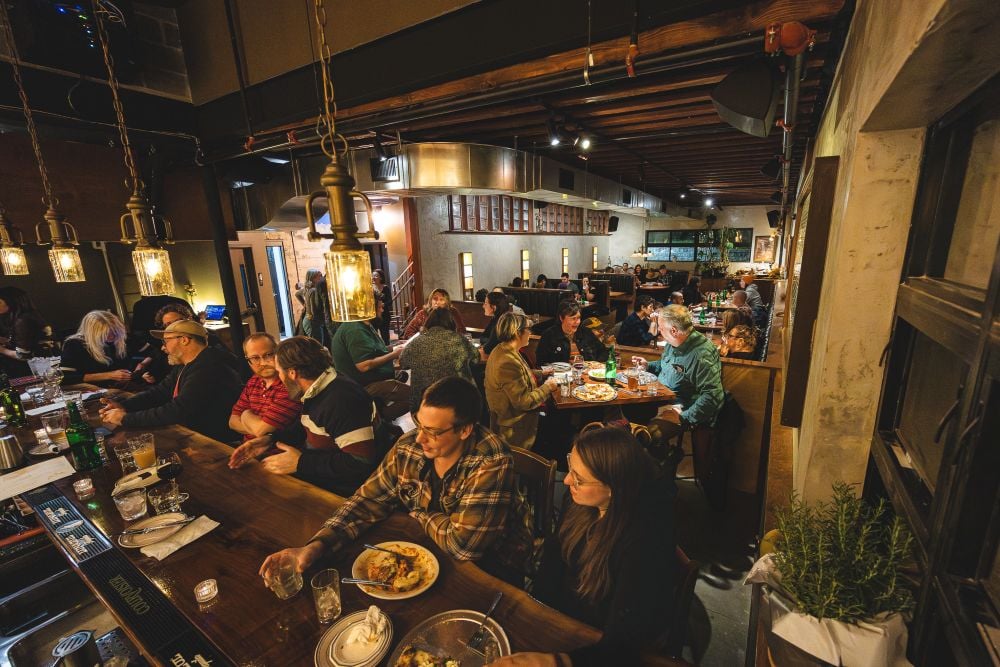A Growing Specialty for Dentists? Sleep Medicine
More Pittsburgh dentists are treating sleep apnea and other problems with customized devices to prevent life-threatening conditions.
Carol Kuchar has her dentist to thank for curing her sleep apnea.
Instead of a bulky CPAP machine with a mask and straps, she inserts customized dental devices over her upper and lower teeth each night. They move her lower jaw forward to keep her from snoring and failing to breathe.
Her dentist, Dr. Michael Hnat, was one of the first to switch full time to sleep dentistry in the Pittsburgh region. His practice, Pittsburgh Dental Sleep Medicine, now has four practitioners who work exclusively with patients with apnea and other sleep problems. He estimates they have treated 15,000 to 20,000 patients over the last couple of decades. And in most cases, he says, the $2,000-$2,500 cost is covered by insurance.
Related: Top Dentists 2024
Sleep apnea doesn’t just ruin a good night’s sleep. It also has been linked to several life-threatening health problems, including high blood pressure and heart failure. The American Academy of Sleep Medicine estimates 30 million Americans suffer from the disorder, but only six million have been diagnosed.
Sleep apnea occurs when the tongue or the soft palate tissues on the rear sides and roof of the mouth collapse into a person’s airway, causing snoring and stop-and-start breathing. The number of sleep apnea sufferers has been growing along with America’s obesity rates.
Dr. Richard Schwab, a sleep apnea expert at the University of Pennsylvania, says his research has found that overweight people are more prone to sleep apnea because they have more fat in their tongues and soft palates.
The frontline treatment for apnea has been CPAP — continuous positive airway pressure — which uses air pressure to push open the tissues in the airway. But Schwab estimates that 30% to 50% of people can’t tolerate the machines or even try them in the first place.
That was Kuchar’s story. She was diagnosed with the disorder while living in Tennessee, and after an overnight sleep study, the doctor was so worried he called her the next day. “You stopped breathing 300 times during the night,” he told her. “We’ve got to get you something immediately.”
She was given a full-mask CPAP device, but she couldn’t stand the force of the air pressure. “It felt like it was going to burst my lungs.” She gave up trying to use it after about six months. Kuchar’s daughter saw an ad for Hnat’s practice; Kuchar has been wearing her dental sleep device for the last three years.
Instead of using air pressure to open the airway, the sleep devices change the shape of the mouth and jaw, keeping the tongue from blocking the airway and pulling the soft palate tissues to the side.
Another of Hnat’s patients, Bethel Park resident Kevin Cook, never took the CPAP route. About eight years ago, he noticed that despite getting more than seven hours of sleep each night, he felt lousy in the morning. He asked his wife if she had noticed anything, and she said, “You make some really weird noises at night, and I think you stop breathing.”
The Upper St. Clair sleep study lab he visited recommended Hnat for treatment. The sleep appliance “had immediate positive results, with the appropriate tinkering,” Cook says. “It’s easy. There’s no wires or cables or noise; it looks like dentures or old-school braces.”
Hnat says his practice has a waiting list, and the demand has only grown since recent recalls of CPAP machines made by Philips Respironics. Besides treating patients directly, his practice also trains general dentists to examine patients’ airways to see if they might be susceptible to apnea.
Like CPAP, sleep appliances are a lifelong treatment. Hnat knows that himself, because he, too, has sleep apnea and has served as his own guinea pig, testing various sleep devices over the years to find the best ones.
Eventually, Penn’s Schwab says, new weight-loss drugs like Ozempic and Wegovy may reduce the number of people suffering from sleep apnea, but until then, the numbers are likely to keep rising.
And for a growing percentage of those patients, sleep appliances may be the ideal answer.
“It’s a great device,” Kuchar says. “I feel like it has literally saved my life.”
Mark Roth is a freelance writer and the former science editor of the Pittsburgh Post-Gazette.
